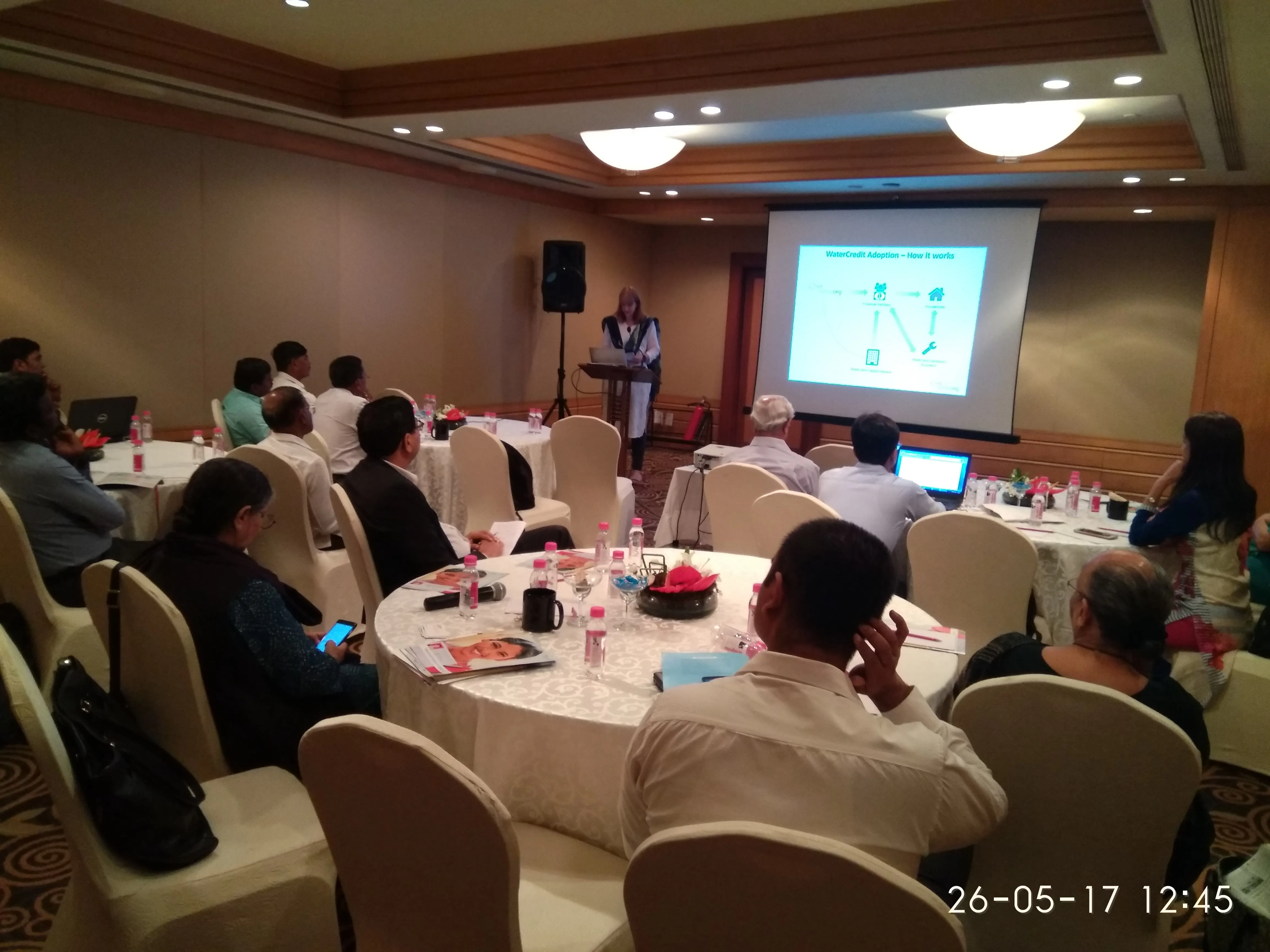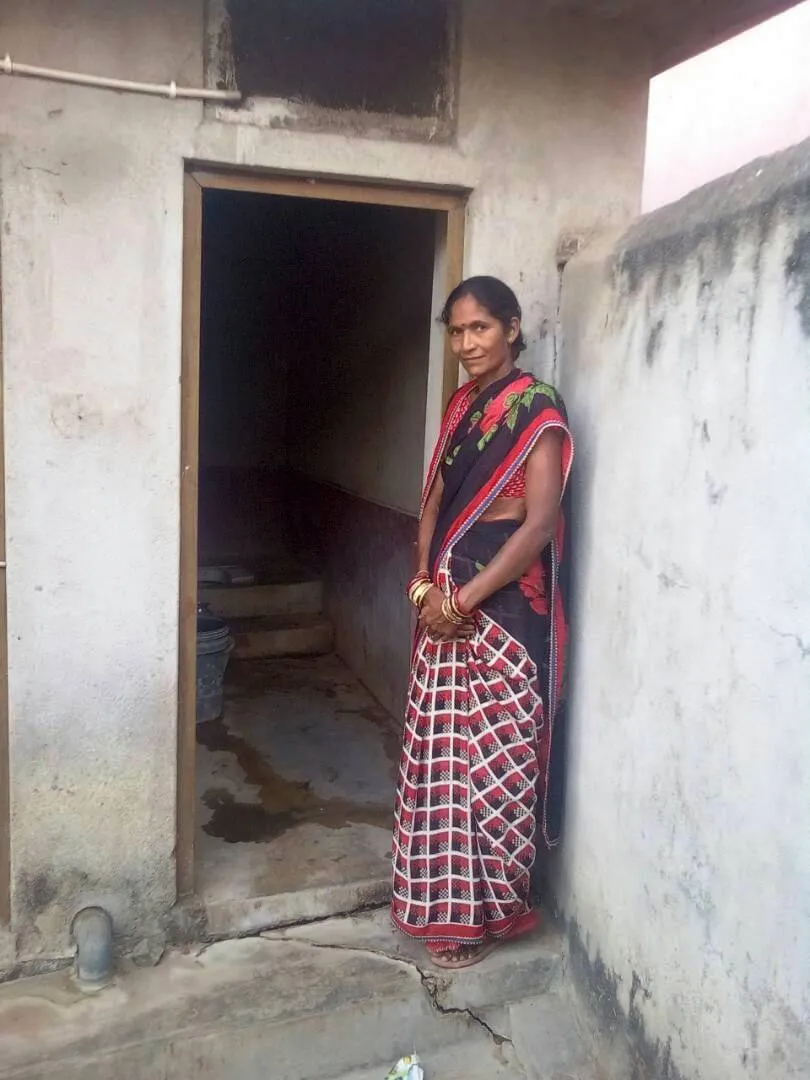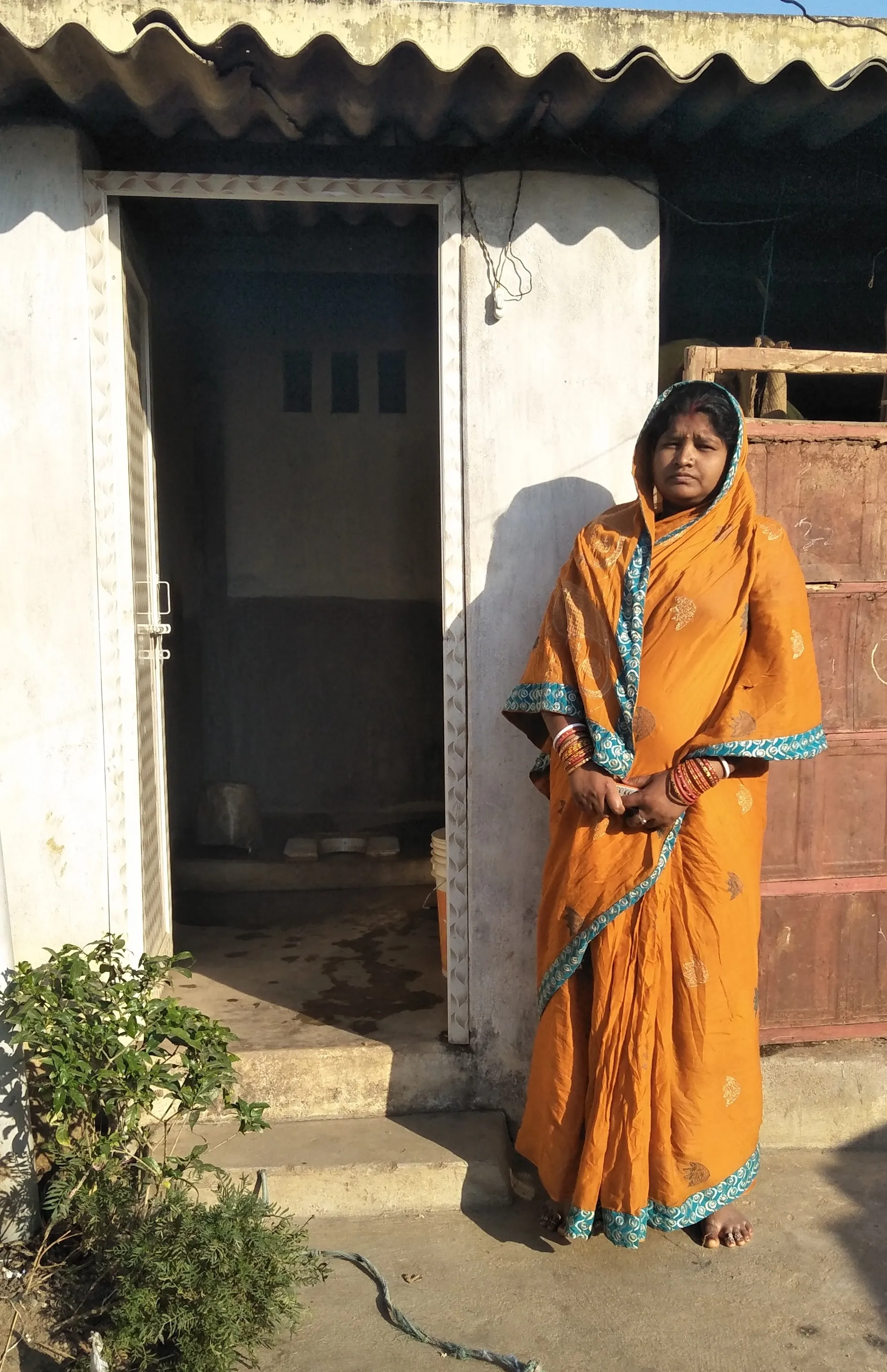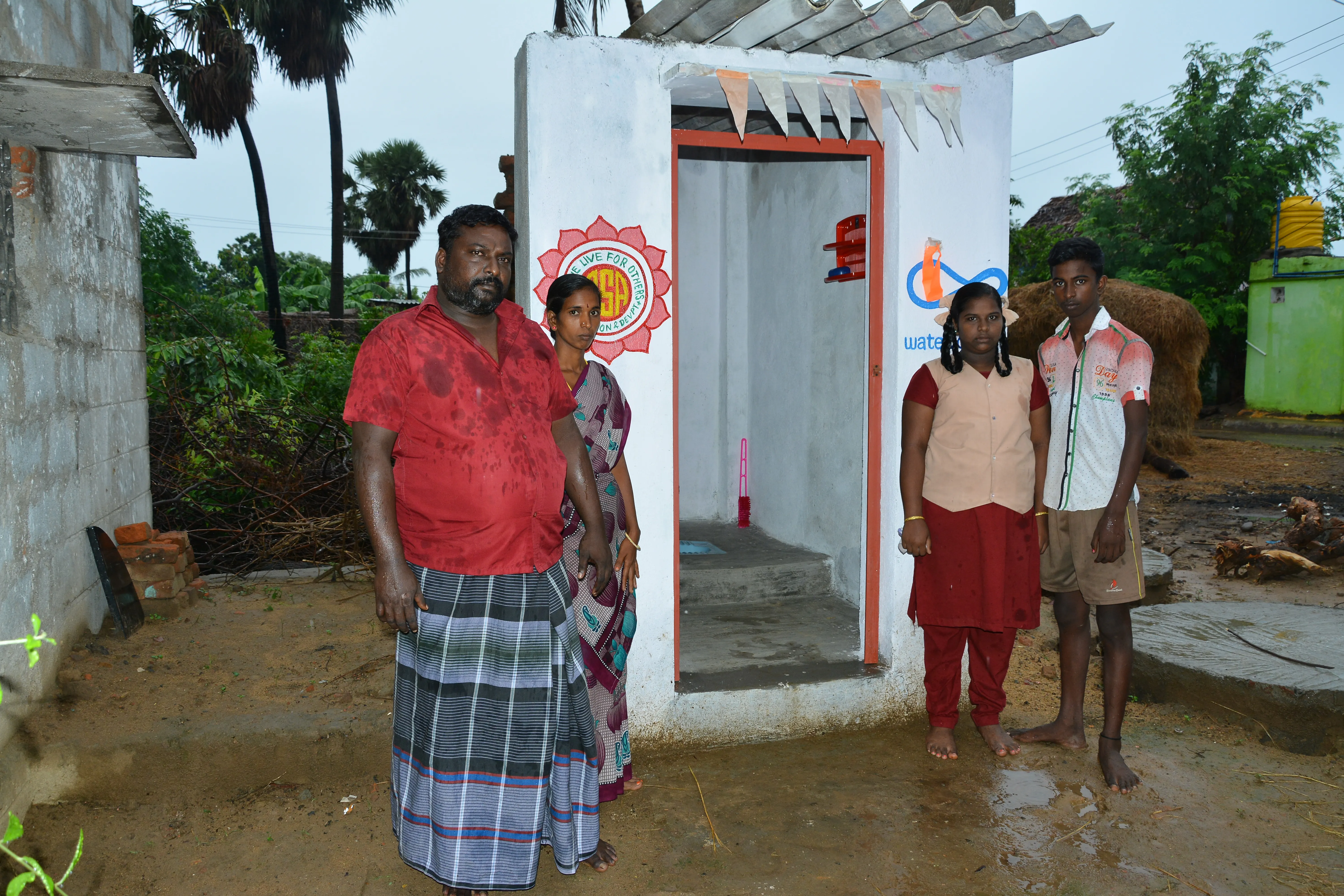South Asia Newsletter - July 2017
Indian Ministry of Rural Development expands sanitation lending to NRLMs/SRLMs
The Ministry of Rural Development has announced a landmark policy shift for the landscape of water and sanitation in India -- toilet construction has now been included as a category towards which Self Help Groups (SHGs) linked to the National Rural Livelihoods Mission (NRLM)/ State Rural Livelihoods Missions (SLRM) can avail loans.
This development is expected to impact the sanitation lending space in India and boost the national Swachh Bharat Mission by
- Potentially widening the reach of sanitation loans to households that were previously not included,
- Reinforcing the Reserve Bank of India’s confidence in sanitation as a viable loan product, and
- Providing households cheaper access to sanitation loans- banks can provide sanitation loans to SHGs at interest rates between 7-12%, while non –banking lending rates are currently between 15-24%.
The MoRD’s policy shift will help mobilize efforts to tap into NRLM-affiliated SHGs for sanitation lending, as well as promote lending for toilet constructions to all State Rural Livelihood Missions (SRLMs).
Water.org provided consultation to the Ministry of Rural Development (MoRD) by identifying the crucial role that SHGs and NRLMs could play in advancing the national Swachh Bharat Mission and introduced the idea of including ‘toilet construction’ as a loan category under the NRLM to the MoRD, along with various options and suggestions to the relevant stakeholders.
Water.org will leverage this policy shift by increasing our impacts in India. We aim to partner with select SRLMs to pilot in select districts for benchmarking models that can be replicated in other districts and states. Additionally, since all SRLMs are paired with scheduled banks in order to meet NRLM objectives, Water.org can leverage these partnerships to facilitate the creation of sanitation lending portfolios in these financial institutions for their non-NRLM lending activities.
WaterCredit Adoption launches in India
On May 26, 2017, Water.org in collaboration with the India Sanitation Coalition (ISC) and Sa-Dhan organized a special session to launch a new partnership offering called WaterCredit Adoption. The new partnership offering is designed for financial organizations interested in household water and sanitation lending and are seeking a “light touch” technical relationship with Water.org. In additional to technical support, WaterCredit Adoption partners will have access to a series of toolkits to help guide key activities, printed materials for household education, and other non-financial forms of support such as attending learning exchange visits.
Beginning in Maharashtra, Water.org is in the process of piloting WaterCredit Adoption with several of the organizations in attendance and soon thereafter will begin rolling out the new offering to additional states in 2018. Jessica Jacobson, Senior Manager for WaterCredit Adoption, and Jose PM, Program Manager, presented the lending case for water and sanitation and shared some of the success Water.org and its partners have generated including reaching 4.3 million people to date and deploying $196 million in capital for water and sanitation loans. In addition, Mr Udaykumar, CEO and MD of Grameen Koota Financial Services and Mr Sharma, Regional Manager of Activists for Social Alternatives (ASA) shared their experiences of lending for water and sanitation over the past many years.
If you are interested in partnering with Water.org to offer water and sanitation loans in India, please fill out an expression of interest here.
Adkhikar in Odisha: the need and the solution
Social and economic development is impossible without basic social infrastructure and building a strong foundation of human development towards a dignified life for all. Quality of life, health, hygiene and social environment, largely depend on safe drinking water and proper sanitation. The status of water and sanitation rights of urban and rural populations of Odisha show that these basic human rights have not been realized by a majority of poor people.
Availability of safe drinking water facilities remains very poor in Odisha. Only 25.6% of households are covered by piped water supply or by hand pumps in the State as against 88.5% households covered at the national level. Though over 80% of schools have drinking water, there is still a long way to go to ensure all schools are covered with sanitation facilities. The non-availability of safe drinking water and poor sanitation facilities and practices have perpetuated diseases like diarrhea, gastroenteritis, anemia and jaundice.
To address the issue, Adhikar has initiated the program Life Line or Jeevan Dhara with the support of Water.org. Presently, Adhikar is working in 13 district of Odisha with 41 WASH lending branches. Adkhikar is a pioneer, working in most conflict prone district and is the only organization to date to finance WASH in the area.Adhikar’s demand generation activities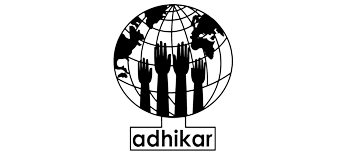
Adhikar understands that open defecation practices are deeply ingrained habits that are often tough to break. To help bring awareness to the dangers of open defecation and to help promote the Jeevan Dhara WASH loan products, Adkhikar conducts the following demand generation activities:
- Participatory Rural Assessment A general group meeting to help raise awareness about safe drinking water, sanitation facilities, health, and hygiene. During the meetings, the participants help the staff draw a map outlining the potential surrounding areas that need the most assistance.
- Panchayat Level Awareness Program WASH workshops at the panchayat focus on capacity building for community resource persons, panchayat plumbers, and other key WASH staff. As a result, the community as whole becomes aware of safe water and improved sanitation hygiene.
- School- Level Training Program This program aims to provide training to school children about waterborne diseases, handwashing practices, clean sanitation, and hygiene practices. The process will help the children adopt a mindset for promoting WASH structures, ultimately helping improve the socioeconomic development of the family.
Through these demand generation activities, Adhikar has been able to reach over 18,000 female clients and improve the lives of over 86,000 people. More than 12,000 WASH infrastructures have already been constructed throughout Odisha. Adhikar aims to reach 200,000 people by 2020.
